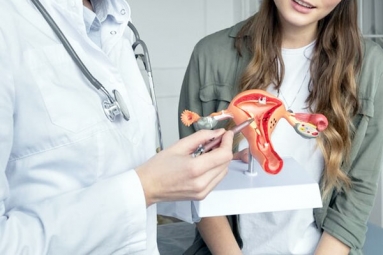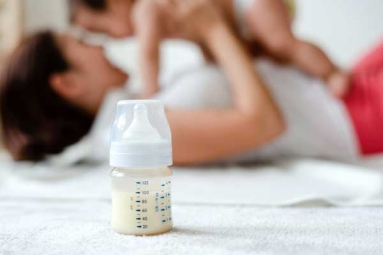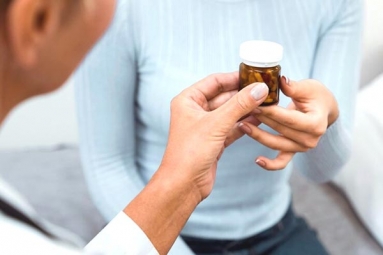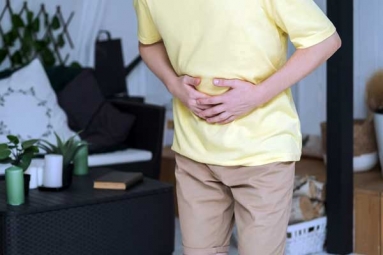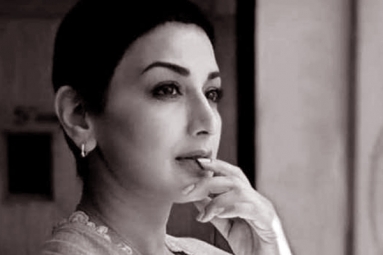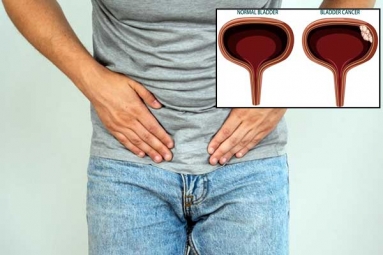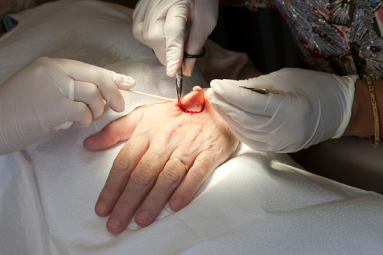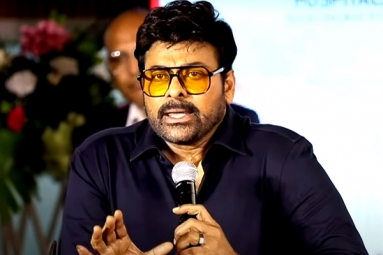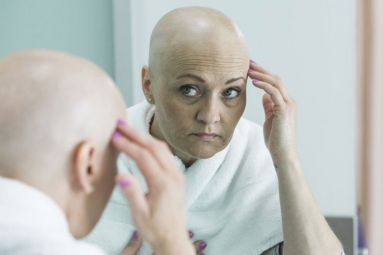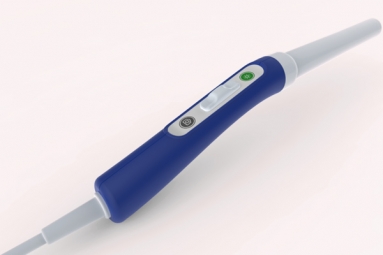Reduced Libido: A common long-term side effect of Cancer Treatment
May 15, 2025 20:49
(Image source from: Freepik.com)
For many individuals who have survived cancer, the conclusion of their treatment signifies a shift back to "normalcy." With clear scan results, fewer hospital visits, and the eventual regrowth of hair, life begins to shine with hope again. However, behind the visible signs of remission and strength lies a quieter and often overlooked struggle that, while not detectable through routine screenings, profoundly influences life: a diminished sexual desire or libido. This reduction in libido following cancer treatment is not solely connected to hormonal changes or physical scars—though these play a role—it is also a complex interplay of emotional distress, alterations in body image, and ongoing side effects. Unfortunately, even though this issue is common, conversations surrounding sexual health are often sidelined in discussions about cancer.
"The impact of treatment on sexual health is more significant than the type of cancer itself," says Dr. Debashish Chaudhary, a senior consultant and clinical lead for surgical oncology and robotic surgery at Narayana Hospital in Gurugram. "Interventions like chemotherapy, radiation, and hormonal therapies, especially those that target hormone-producing organs, can drastically affect libido."
From a physiological perspective, libido is influenced by hormones such as estrogen and testosterone. In cases of breast or prostate cancer, for example, hormonal treatments aim specifically to lower the levels of these hormones. "This suppression frequently leads to a significant decrease in sexual desire," remarks Dr. Mandeep Singh Malhotra, Director of Surgical Oncology at CK Birla Hospital in Delhi. He further notes that over 80% of cancer patients deal with some level of sexual dysfunction or decreased sexual activity during or after treatment. While this is a widespread phenomenon, its severity and duration are often contingent on the kind of cancer and the treatment approach, particularly hormonal therapy and chemotherapy, which have direct implications for hormone levels and reproductive capabilities.
For example, a study released in 2023 in Scientific Reports revealed that almost half of long-term cancer survivors, five to ten years after their diagnosis, indicated that their sexual experiences were less fulfilling than prior to their cancer journey. This research pointed out that both physical issues, such as fatigue and pain, as well as psychological concerns, including depression and anxiety, contributed to lower levels of sexual satisfaction.
"Even years later, I have patients, especially women, who approach me saying, ‘Doctor, I still lack the desire,’" shares Dr. Rajeev Vijayakumar, a senior consultant and medical oncologist at Gleneagles BGS Hospital in Bengaluru. He emphasizes that this is particularly evident among younger breast cancer patients forced into early menopause to reduce the risk of recurrence. The resulting hormonal imbalance leads to lower estrogen levels and diminished secretions, causing vaginal dryness that complicates intimacy, making it not only difficult but at times quite painful.
It’s a misconception that only women endure the adverse effects of cancer treatment; men face different challenges as well. Issues such as erectile dysfunction, retrograde ejaculation, and diminished self-esteem following surgery or hormone therapy are prevalent, particularly among survivors of prostate or testicular cancer. "Each time they attempt intimacy, it feels like an exam,” Dr. Vijayakumar explains. “The anxiety of potentially failing becomes a significant inhibitor of libido."
Cancer survivors undergo a multitude of changes, and their physical form is not excluded from these experiences. Dr. Vijayakumar points out, “Numerous survivors endure trauma, struggle with body image, bear scars, experience weight gain due to steroids, or carry the emotional burden of feeling ‘less attractive.’” These psychological aspects frequently remain unaddressed, yet they significantly affect long-term sexual satisfaction. Dr. Chaudhary emphasizes, “Even with a successful recovery, challenges such as body dysmorphia and anxiety can heavily impact intimacy.” In India, 2022 saw the documentation of approximately 1.46 million new cancer cases (100.4 cases for every 100,000 people). Statistically, one out of every nine individuals in the country is at risk of developing cancer during their lifetime.
Although these figures are alarming, discussions regarding the lingering effects of the illness are scarce, as many specialists concur. Dr. Malhotra notes, “Post-cancer sexual health remains a largely overlooked topic.” Survivors often refrain from raising the issue, and numerous healthcare practitioners lack the training or time necessary to address it. While certain progressive centers are starting to incorporate sexual wellness into survivorship programs, many patients find themselves navigating these challenges alone, usually in silence.
A critical question emerges: can intimacy return to its former state? Sexual and emotional recovery is indeed possible. According to Dr. Chaudhary, “In some instances, pre-cancer levels of desire and satisfaction can be regained.” Achieving this, however, requires a collaborative effort. Interventions like hormone therapy (where appropriate), pelvic physiotherapy, sexual counseling, and, perhaps most crucially, candid communication with partners, can lead to substantial improvements. Age is also a factor; younger survivors typically have better odds of recovery. Dr. Malhotra adds, “Yet, beyond biological aspects, the presence of supportive networks—both professional and personal—is vital.”
For others, when things don’t seem to revert to their previous state, redefining what intimacy means becomes necessary. The path to a fulfilling sex life after battling cancer does not lie in attempting to recreate past experiences; rather, it involves reimagining intimacy as it stands today. Dr. Chaudhary states, “Open dialogue, emotional bonding, and patience form the new foundation.” He mentions that sex therapists can assist partners in discovering alternative ways to foster intimacy that aren't strictly centered around intercourse. Dr. Vijayakumar succinctly asserts, “A woman who has undergone a mastectomy needs her partner's reassurance that she remains beautiful; that kind of validation proves more restorative than any hormonal treatment.”







